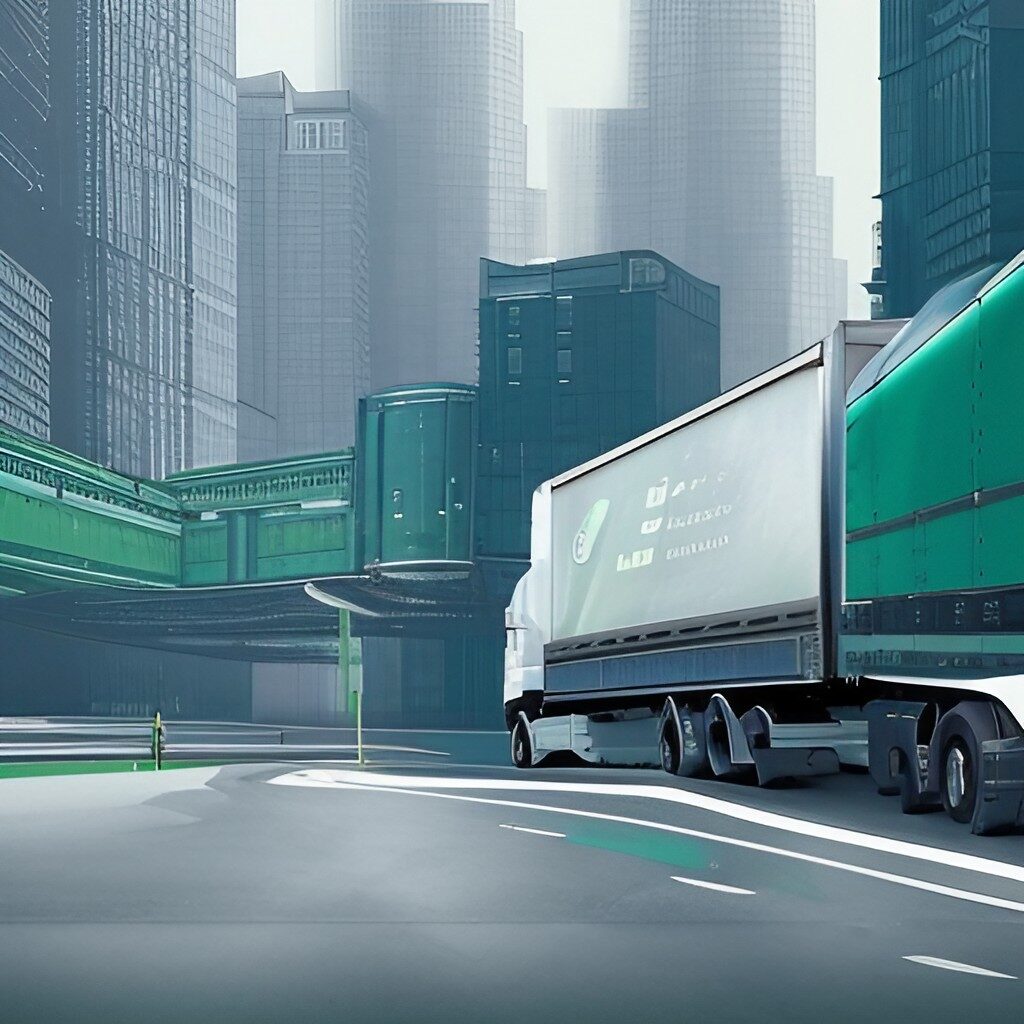The Future of Logistics: Embracing Technology to Stay Ahead
In an ever-evolving world of technology, emerging trends have drastically changed the way logistics and trucking companies operate. Companies that understand these changes and adapt their businesses to stay relevant in this ever-changing landscape will have a distinct advantage over those that don’t. Keeping up with the latest technologies is instrumental for any business hoping to succeed. In this post, we’ll explore some of the cutting-edge technologies that are transforming logistics operations now and into the future, including robotics process automation (RPA), artificial intelligence (AI) applications such as machine learning, big data analytics, predictive modeling, and more. Finally, we’ll discuss how you can leverage these new technological advancements to optimize your operational processes while gaining valuable insights into customer preferences that can help increase sales and profits.

Logistics and Technology Trends
The logistics and supply chain management industry has embraced technology in recent years and will continue to do so for the foreseeable future. Managed Service Providers (MSPs) play a crucial role in implementing and managing logistics technologies like TMS, WMS, RFID, IoT, cloud computing, and others.
These technologies can significantly reduce costs and improve operations. Route optimization software, for instance, can help cut delivery costs by up to 20%, while IoT sensors can provide real-time data to boost decision-making and coordination among stakeholders. The technologies can also enhance customer satisfaction through better tracking and visibility of products and services, leading to increased trust and loyalty.
MSPs and logistics software integration help optimize labor allocation, improve productivity, and streamline labor management processes. With these solutions, businesses can adapt quickly to changing market conditions and customer demands, ensuring long-term success in the competitive logistics industry. They offer real-time visibility into workforce performance and productivity, allowing businesses to optimize operations and improve customer satisfaction.
The adoption of cloud-based supply chain management solutions is fast gaining ground as companies seek to reduce costs, improve efficiency, security, scalability, and easy integrations. The marine management software market is also expected to grow significantly, with cloud-based solutions playing a crucial role in automation, data analytics, collaboration, and efficiency.
The truck repair industry has seen a surge in demand with the expansion of the economy and the increase in commercial truck traffic. Digital solutions like fleet management software have streamlined operations and reduced downtime by enabling real-time monitoring of vehicle performance, predictive maintenance, and efficient scheduling of repairs. Advanced technologies like CAD software, 3D printing, laser scanning, and UAVs have also been employed to improve repair quality and inspection of commercial truck problems.
To meet the growing demand, the industry has shifted towards “just-in-time” repair services, benefitting both businesses and customers by reducing truck downtime, minimizing repairs, and delivering more precise fixes. The recently passed infrastructure bill is also expected to provide an economic boost to the logistics and trucking industries, leading to increased investments in advanced technology and more efficient operations.
Overall, the logistics industry is experiencing a wave of technological advancements and changes that are reshaping the future. Companies that stay current with these advancements are better positioned to remain competitive in the market while offering faster and more reliable delivery of goods.
